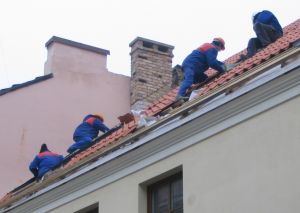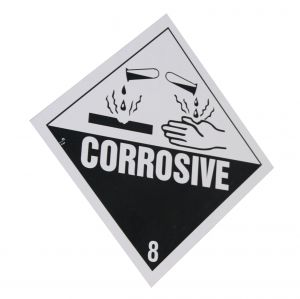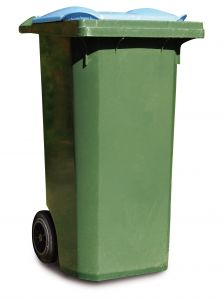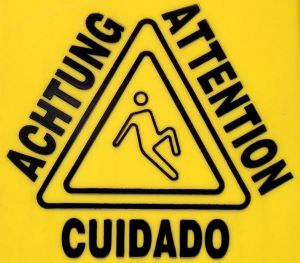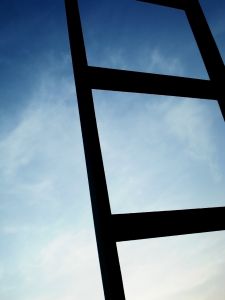The Occupational Safety & Health Administration has cited the U.S. Postal Service for willful and serious safety violations after reports that employees were exposed to electrical hazards that could have led to a serious or fatal Shrewsbury, Massachusetts work accident.
Our Boston workers’ compensation lawyers frequently report on the dangers faced by employees in the workplace. Electrocution is a danger that doesn’t always get mentioned with other leading types of fatal work accidents, like falls and transportation accidents. However, the Bureau of Labor Statistics reports that 168 workers were killed in work accidents caused by exposure to electrical current last year. Another 63 died after being exposed to overhead power lines.
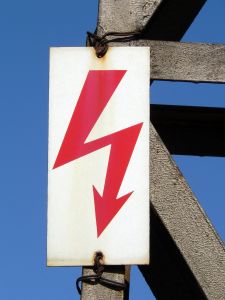
OSHA has proposed $238,000 in fines against the Central Massachusetts Processing and Distribution Center.
“These sizable fines reflect the Postal Service’s knowledge of and failure to address these hazards,” said Assistant Secretary of Labor for OSHA Dr. David Michaels. “For years, the Postal Service knew that allowing untrained employees to work on electrical equipment exposed workers to serious injury or worse. Despite this knowledge, the Postal Service did not take the necessary steps to change its practices and eliminate the hazards.”
Inspections began June 29 in response to an employee complaint and found that unqualified employees were permitted to work on electrical circuits and equipment. Additionally, the equipment was not de-energized prior to being serviced and employees were not supplied insulated tools and other safety equipment. As a result, the Postal Service was issued three willful citations, which means an intentional or voluntary disregard for the safety and health of employees. Those fines total $210,000.
Four serious citations were also issued totaling $28,000. Those fines cite a lack of proper employee safety training in electrical work practices, lack of proper personal safety equipment, and failure to perform periodic inspections of the Shrewsbury facility’s energy control procedures.
Continue reading
 Boston Personal Injury Attorney Blog
Boston Personal Injury Attorney Blog



